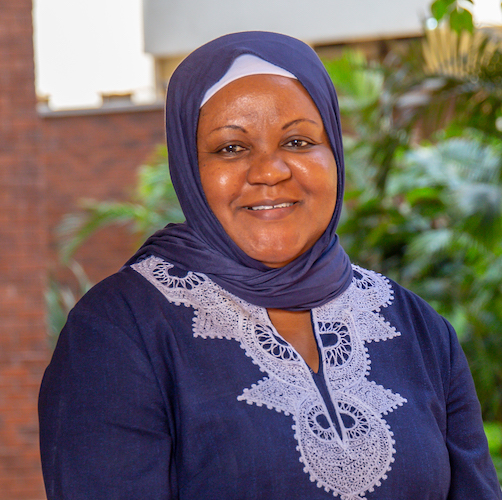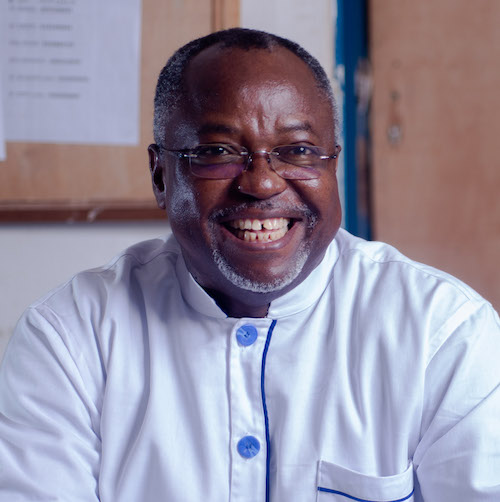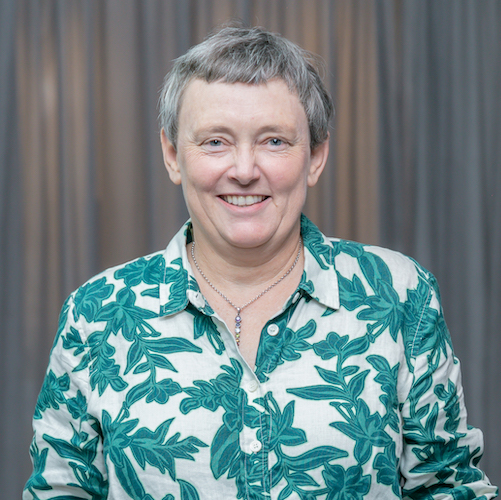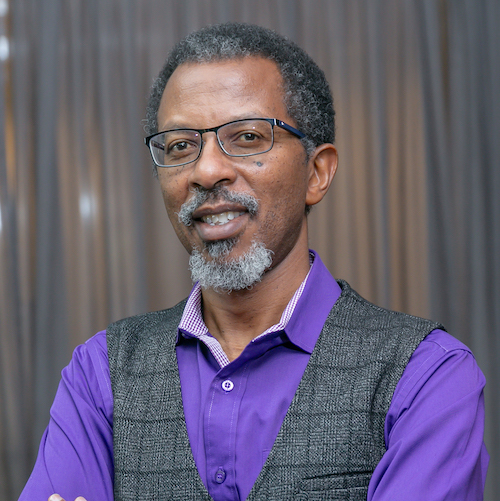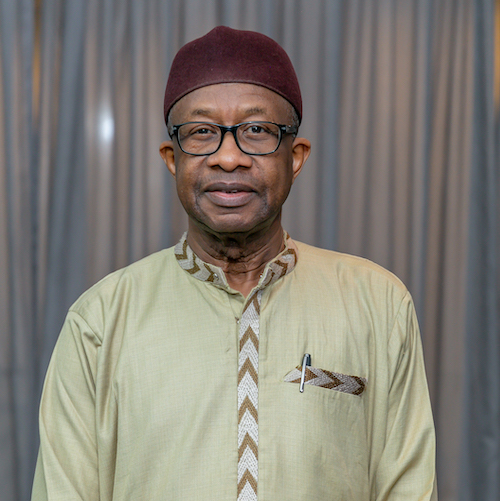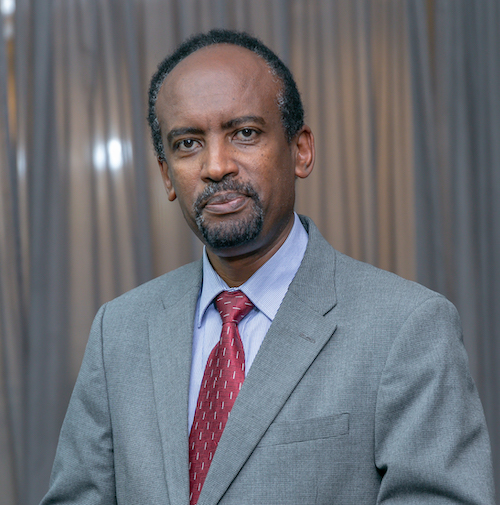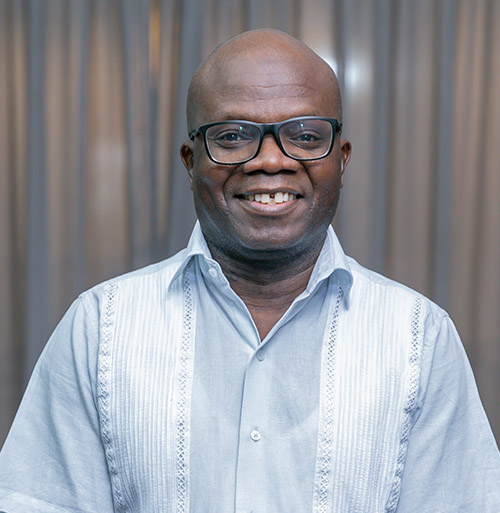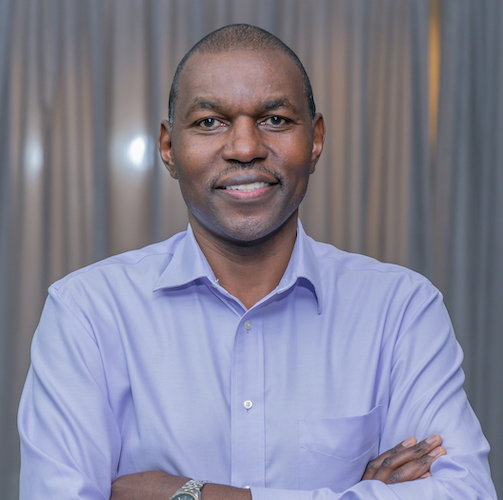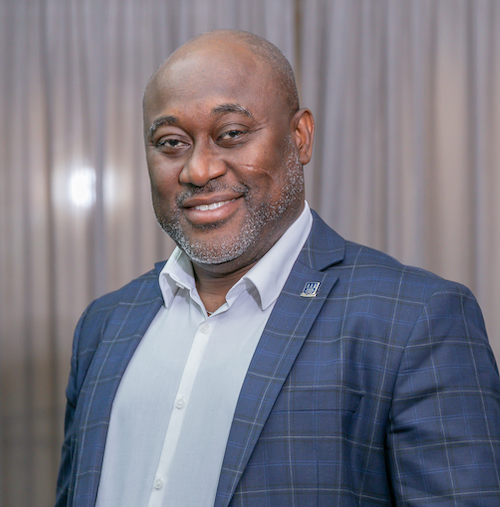
Transition to Scale
Supporting innovations to achieve sustainable
impact at scale
Science Innovation Pathways | Science Innovation, Translation and Entrepreneurship Programme |Transition to Scale
WHAT WE DO
SITEThe Innovation transition to scale component of the Grand Challenges Africa initiative drives the translation and entrepreneurship aspect; ensuring that science-based innovations that have proven concept are delivered to the beneficiaries and scaled sustainably. The TTS 2.0 work is built on experience by GC Africa in funding and supporting 2 cohorts of TTS innovations and ecosystem engagements in Innovation Transition to scale 1.0. It also borrows lessons from similar work that our peers in the Grand Challenges network including Grand Challenges Canada and the SAMRC, and studies by the International Development Alliance.
The goal of GC Africa Transition to Scale is to catalyse scale and sustainability – so that the bold innovations addressing the most daunting challenges in the continent are identified, appropriately funded, and supported to achieve sustainable impact at scale.
Specific Objectives of TTS include.
- Building a pipeline of promising technology-based ventures in the fields of health, Agriculture and climate sciences in Africa that have gone beyond proof of concept.
- Providing appropriate funding, right instruments, and crowd in investment.
- Providing world class TTs and scaling technical and business development support for science Innovators in Africa.
- Strengthening the innovation ecosystem in Africa and facilitating the right connections.
The Approach.
- Thematic areas: Technology-based innovations in the fields of health, agriculture and climate and environmental sciences in Africa.
- Innovation development stages: The innovations are in the transition to scale and scaling stage.
- Pathways: TTS supports both private channels; social enterprises through commercial markets and public channels: public models through government integration and/or uptake by non-profit players.
- Integrated innovations: TTS seeks innovations that optimise science, social and business innovation that have the potential to sustainably scale in low- and middle-income countries.
- Affordable approaches: We support innovations that can be used effectively to improve lives in communities in LMICs with no or limited healthcare infrastructure (e.g., lack of electricity or clean water, etc.) and limited pools of trained personnel.
How will science policy engagement drive impact:
- If R&I is to deliver maximum impact and positively change the lives of African people and societies, findings from Africa led R&I research programmes should be translated into recommendations that can be implemented within policy and practice in Africa.
- Contribute to efficiency and effectiveness within programmes through best practice.
- Ensure the right questions are formulated, asked, and answered through an African lens.
- Highlight gaps and key points of evidence within context and in an accurate manner to facilitate comprehension and use.
- Promote shared understanding, trust and collaboration for meaningful work that drives change regionally and globally
- Place African experts and policymakers at the centre of science-led policymaking processes in Africa
- Place contextually relevant data and perspectives at the centre of science-led decision-making process in Africa.
Activities being implemented by SPEAR
Artificial intelligence (AI) and Data Science policy gaps from an African perspective. The African STI landscape is witnessing the emergence of AI and Data Science across various sectors. However, for these technologies to have their full positive impact, it is crucial to develop trust among stakeholders and formulate contextualized policies that support their implementation in the region. This grant aims to address these areas by:
- Convening African stakeholders to examine and comprehend the policy gaps in AI and Data Science in global health from an African perspective, focusing on but not limited to genomics, clinical trials/drug development, and epidemics/pandemics.
- In collaboration with African partners, identifying the research and development goals of AI and data science for the betterment of global health from an African perspective.
- Engaging the public on AI and Data Science policy
" If scientific results are not shared broadly, then the societal benefits are significantly limited. We have a responsibility to ensure that policymakers have access to the best, relevant and up-to-date knowledge available. To achieve Africa’s sustainable development goals, it is critical that policy decisions are informed by contextually relevant evidence”. - Uzma Alam, SPEAR programme lead.
